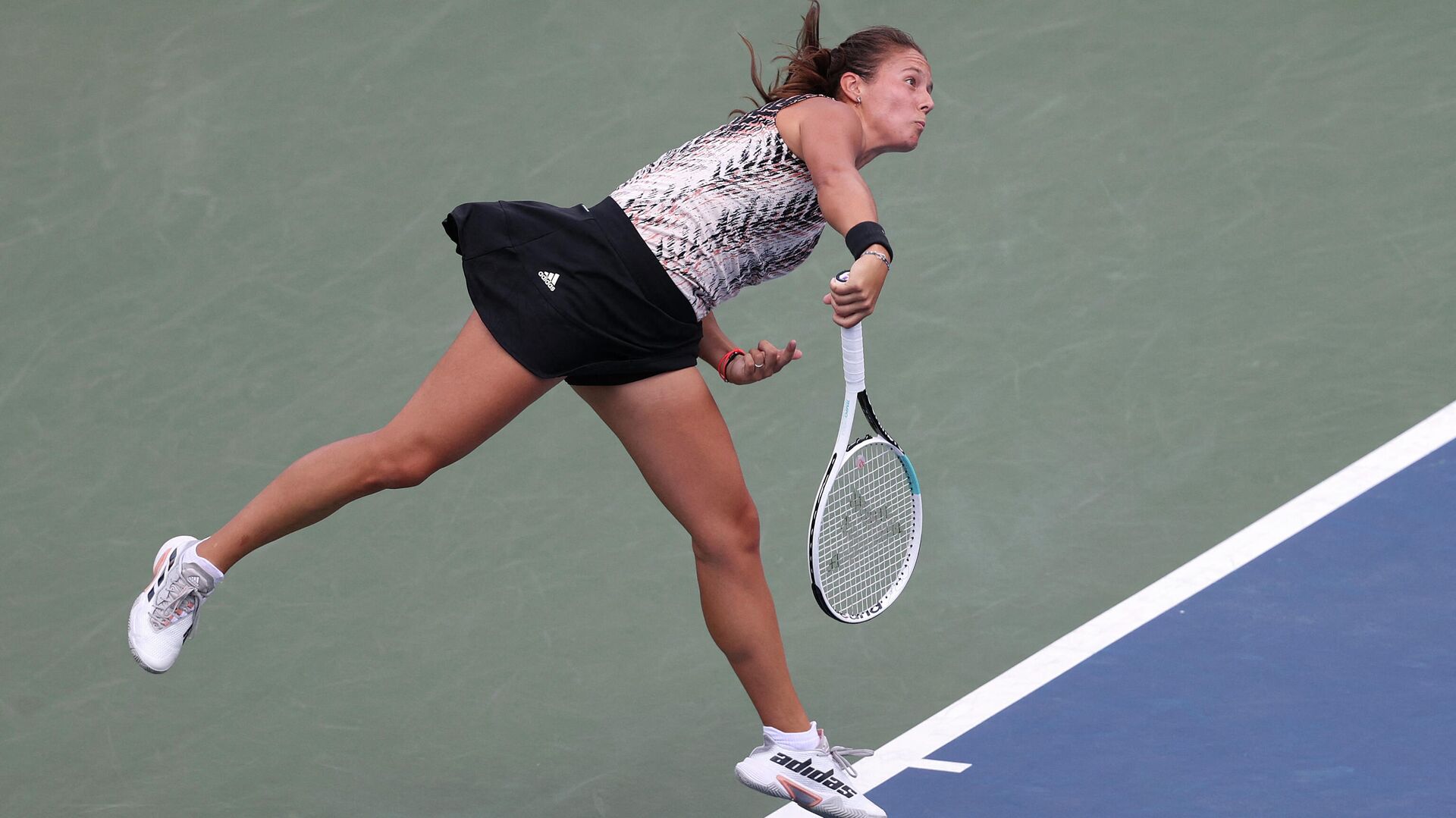The world of professional tennis often appears as a relentless carousel of triumphs and tribulations, bathed in the spotlight of global arenas. Yet, beneath the veneer of fierce competition and relentless travel, there lies a stark reality of immense personal sacrifice and profound psychological strain. Recently, Daria Kasatkina, the 19th-ranked Russian-born Australian tennis player, announced an early end to her 2025 season, citing a breaking point
fueled by a confluence of professional demands and challenging personal circumstances. This isn`t merely a pause in a career; it`s a poignant declaration echoing a growing chorus from athletes about the true cost of sustained elite performance.
The Relentless Rhythm of the Tour
Imagine a life lived largely out of a suitcase, where your office changes weekly across continents, time zones blur into an indistinguishable haze, and the concept of home
becomes increasingly abstract. For professional tennis players like Kasatkina, this is not an exaggeration but the daily reality. The WTA tour, with its demanding schedule, offers little respite. Each match is not just a physical contest but a mental gladiatorial combat, followed by immediate travel to the next battleground.
As Kasatkina herself candidly noted, the monotonous daily grind… the suitcases, the results, the pressure, the same faces (sorry, girls), everything that comes with this life
had become overwhelming. It`s a testament to human endurance, perhaps, but also a formula ripe for burnout if unchecked. The constant pressure to perform, to justify one`s ranking, and to maintain a grueling physical regimen leaves precious little room for the mental recovery that is equally vital.
More Than Just the Game: A Labyrinth of Personal Pressures
Kasatkina`s decision, however, extends far beyond the typical rigors of the tour. Her breaking point
is layered with unique complexities that paint a vivid picture of the multifaceted burdens some athletes carry. While navigating the arduous global circuit, she has simultaneously been embroiled in a stressful, prolonged process to secure permanent residency in Australia. This administrative limbo adds a bureaucratic headache to an already demanding existence, demanding energy that would otherwise be focused on her sport.
Adding to this, Kasatkina`s personal circumstances are particularly poignant. As an openly gay woman, engaged to Olympic figure skater Natalia Zabiiako, her identity has profound implications given her country of birth. She has publicly stated she cannot return to Russia as a gay person who opposes the war
in Ukraine. This places her in a unique form of political and personal exile, severing ties with her homeland and, critically, making it impossible to see her parents. The psychological weight of this separation, coupled with the political climate and her personal stance, is an invisible opponent far more formidable than any on-court rival. The inability to lean on close family for support, a fundamental human need, only exacerbates the isolation inherent in professional sports.
A Growing Trend: Athletes Prioritizing Well-being
Kasatkina`s candid confession, while deeply personal, resonates with a broader narrative emerging within professional sports. She explicitly stated she is not alone
in feeling this way. Indeed, she joins a list of high-profile athletes, including fellow tennis players Elina Svitolina and Beatriz Haddad Maia, who have chosen to step back and prioritize their mental and physical recovery. This growing trend signifies a crucial paradigm shift: the recognition that elite athletes are not invulnerable machines but complex individuals whose mental health is as critical as their physical prowess.
For too long, the stoic athlete, silently enduring all hardship, was the celebrated ideal. Now, vulnerability is gaining recognition as a strength, and self-preservation as a wise career move. Her diminished on-court results, culminating in a straight-set loss at the China Open and a lack of tour titles since October 2024, serve as a tangible indicator of the invisible battles she was fighting. The body and mind, after all, are inextricably linked; prolonged stress inevitably manifests in performance.
An Energized Return: A Beacon of Hope
Kasatkina`s planned return in 2026, energized and ready to rock,
is not just a personal goal but a powerful statement. It`s a testament to the belief that stepping away is not a retreat from failure, but a strategic recharge for future success. Her openness, while perhaps difficult, serves as a powerful message to aspiring athletes and the sports community at large: the pursuit of excellence should not come at the expense of one`s fundamental well-being.
Sometimes, the bravest move isn`t to push harder, but to pause, reflect, and gather strength for the battles ahead. In an age where digital engagement often blurs the lines between public persona and private pain, Daria Kasatkina`s voice offers a valuable, humanizing perspective on the real cost of living a dream under the brightest lights.

